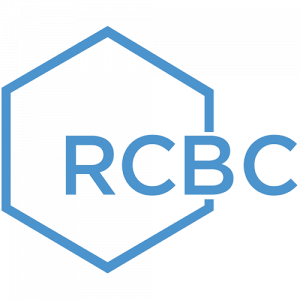Strategies for Managing Perfectionism and Boosting Productivity: A Comprehensive List
Do you ever find yourself constantly striving for perfection in every task you undertake but always feeling like you’ve fallen short? Do you spend hours revising and editing your work, only to feel like it’s never quite good enough? If you’re nodding your head in agreement, you may be suffering from perfectionism.
While it’s great to have high standards and strive for excellence, perfectionism can often be detrimental to productivity and mental health. In this article, we’ll explore some strategies for managing perfectionism and boosting productivity.
RELATED: Saying No: Balancing Priorities and Boundaries
Recognize the Difference between Excellence and Perfection

One of the biggest issues with perfectionism is the inability to differentiate between excellence and perfection. Excellence is about doing your best, while perfection is about achieving an impossible standard. It’s important to recognize that perfection is not achievable, and that striving for it can actually hinder your progress.
Set Realistic Goals

When it comes to productivity, goal setting is key. However, it’s important to set goals that are realistic and achievable. Setting unattainable goals only sets you up for failure and reinforces perfectionistic tendencies. Start by breaking larger goals into smaller, more manageable tasks, and celebrate your progress along the way.
Prioritize Tasks

One of the biggest challenges with perfectionism is the tendency to get bogged down in minor details. Prioritizing tasks can help you focus on what’s important and prevent you from getting lost. Consider using a to-do list or a productivity app to keep yourself organized and on track.
Embrace Imperfection

Perfectionism often leads to a fear of failure, which can prevent you from taking risks and trying new things. Embracing imperfection means acknowledging that mistakes are a natural part of the learning process, and that failure is not the end of the world. In fact, failure can be an opportunity for growth and improvement.
Practice Self-Compassion

Self-compassion is about treating yourself with the same kindness and understanding that you would offer to a friend. When you make mistakes or fall short of your goals, it’s important to be kind and forgiving to yourself. Avoid negative self-talk and focus on the progress you’ve made, rather than the mistakes you’ve made along the way.
Take Breaks

Productivity is not about working non-stop until you collapse. In fact, taking breaks can actually improve productivity and prevent burnout. Set aside time for regular breaks throughout the day, and make sure to take time off on weekends and holidays to recharge your batteries.
Research has shown that taking regular breaks throughout the day can help to increase focus and concentration, reduce stress levels, and boost creativity. By taking a few minutes to step away from your work and recharge your batteries, you can return to your tasks with renewed energy and motivation.
Seek Support

Managing perfectionism is not always easy, and sometimes it’s helpful to seek support from others. Consider talking to a therapist or joining a support group to learn more about managing perfectionism and connecting with others who share similar struggles.
In conclusion, perfectionism can be both a blessing and a curse for productivity. While it may drive us to excel and strive for excellence, it can also lead to procrastination, anxiety, and burnout. Fortunately, there are a variety of strategies that can help us manage our perfectionism and increase our productivity. These strategies range from setting realistic goals and priorities, to embracing mistakes as opportunities for growth, to taking breaks and practicing self-care. By finding the right balance between striving for excellence and being kind to ourselves, we can cultivate a healthy and productive approach to work and life.
READ MORE: Golden Haven Memorial Park News and Update





















